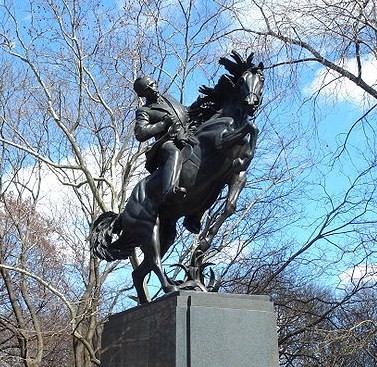|
Olinta Ariosa Morales
Olinta Ariosa Morales (1921 – 1999) was a librarian from Cuba. She played an important role in the development of the public library and school library systems in her country after the Cuban revolution, in which she was jailed for her participation. Throughout her career she was an activist and advocate for multiple causes. She played a key role in the formation of the Cuban Association of Librarians.Biblioteca Médica Nacional"Ariosa Morales, Olinta", 10 January 2013Biblioteca Nacional de Cuba José Martí, ''Acerca de la Biblioteca'', 2007. Early life Olinta Ariosa Morales was born in 1921 in Zulueta, Remedios (now Villa Clara Province), Cuba to a family of sugar-workers. González, Marta Terry“The Pioneers: Olinta Ariosa Morales (1921-1999)” ''World Libraries 13(1&2)'', Spring 2003. Her father was an administrator at the old San Agustín sugar mill. Olinta attended grammar school in her home town but finished her grammar education in Remedios. In the 1940s, Olinta decid ... [...More Info...] [...Related Items...] OR: [Wikipedia] [Google] [Baidu] |
Remedios, Cuba
Remedios (), also known as San Juan de los Remedios, is a city and municipio, municipality located from the northern coast of Cuba, in the center of the island. It is the oldest Spanish settlement in the former Las Villas province. It is now part of the province of Villa Clara Province, Villa Clara. It was declared a City by Isabella II of Spain, when the island was still a colony. Remedios is known as the Cradle of the Parrandas, possibly the Caribbean's largest and oldest traditional festival. Its patrons are John the Baptist and the Virgin of the Buenviaje. Geography Remedios is located about 4 hours by bus from Havana, and around 50 minutes from Santa Clara, Cuba, Santa Clara. It is less than an hour from here to beach resorts in the Cayo Santa María, Santa María – Cayo Las Brujas, Las Brujas cays, both situated north of the province. The municipality is bordered on the north by Caibarién, to the south by Camajuaní and Placetas, and to the east by Yaguajay, Cuba, Yagua ... [...More Info...] [...Related Items...] OR: [Wikipedia] [Google] [Baidu] |
José Martí
José Julián Martí Pérez (; 28 January 1853 – 19 May 1895) was a Cuban nationalism, nationalist, poet, philosopher, essayist, journalist, translator, professor, and publisher, who is considered a Cuban national hero because of his role in the liberation of his country from Spain. He was also an important figure in Latin American literature. He was a political activist and is considered an important philosopher and Political philosophy, political theorist. Through his writings and political activity, he became a symbol of Cuba's bid for independence from the Spanish Empire in the 19th century and is referred to as the "Apostle of Cuban Independence". From adolescence on, he dedicated his life to the promotion of liberty, political independence for Cuba, and intellectual independence for all Hispanic America, Spanish Americans; his death was used as a cry for Cuban independence from Spain by both the Cuban revolutionaries and those Cubans previously reluctant to start a revolt ... [...More Info...] [...Related Items...] OR: [Wikipedia] [Google] [Baidu] |
Women In The Cuban Revolution
Women in the Cuban Revolution were not actively in a wide variety of roles. Women's participation in the Cuban Revolution was spurred by decades of oppression and limited opportunity. The revolution saw an end to certain forms of restriction and sexism in Cuba. Cuban women pre-revolution Pre-revolution, women in Cuba were restricted by traditional patriarchal attitudes. There was a belief that a woman’s role was to remain in the home, caring for house and child. Meanwhile, her husband would be the one to either perform intensive labor on his property or to venture out in search of work. Women’s rights were not prioritized in the pre-revolutionary government, as they were seen as counterproductive to the stability of society. With a shortage of jobs pre-revolution, the men’s need to work was prioritized over the women’s. In any capacity where women did perform labor beyond child-rearing and housework, they were restricted to less labor-intensive work than their peers. For ... [...More Info...] [...Related Items...] OR: [Wikipedia] [Google] [Baidu] |


